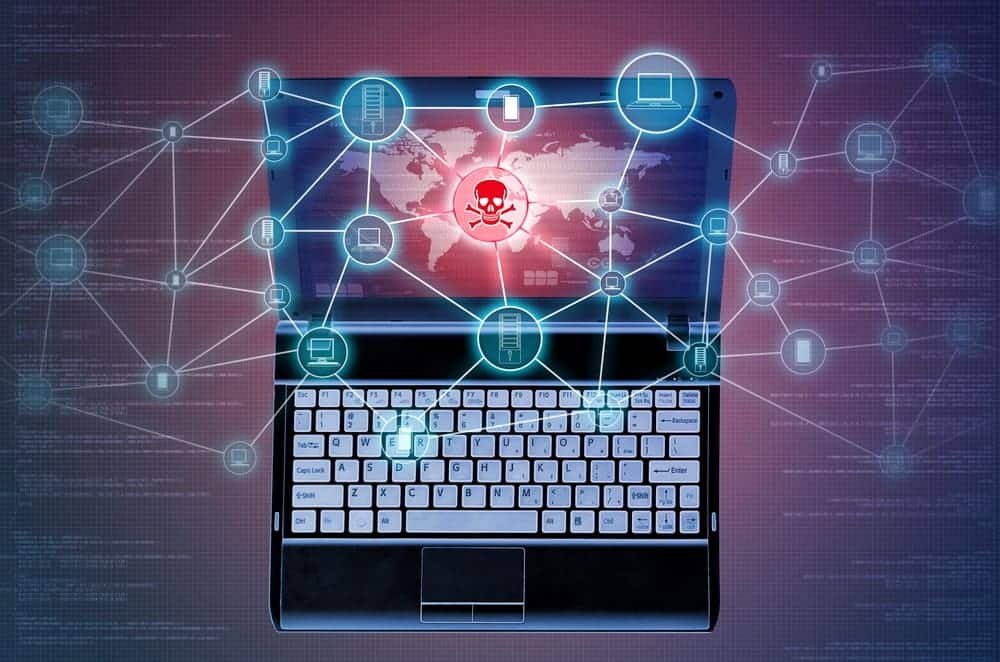A “Cloud-managed backup” assumes
- You have cloud-based IT and
- Your IT systems and data are under the care of a Managed Service provider.
In this case, you don’t need to worry about backups or Disaster Recovery, your IT support team will take care of it for you!
For everyone without cloud-managed backups, this article will help you understand the importance of backing up your data. We’ll look at how a great IT managed service provider will free you to get on with what you do best – running your company.
Why backup?
A backup is a copy of everything needed to conduct business. There is a risk your IT systems will stop working or your software or data becomes corrupted.
If this happens, your IT systems will be unusable. Your employees will be non-productive. Your customers will be unable to access your website and may go to a competitor instead. Your company will cease trading.
Having a backup copy of your data and essential systems means your business should be able to reload the saved information onto restored IT systems and your business will be able to function as it did before the IT system outage.
How often should we do a backup?
The frequency is likely to depend on the size of the organisation and the nature of the industry. A small business may back up data each night. A larger company may have a system of real-time backups, with all IT transactions being mirrored on a backup system.
But how likely are we to have an “IT Disaster”?
Some examples of actual IT Disasters:
- Malicious activity (Hacking)
- Often caused by the hacker getting access to your system via an employee. ‘Phishing’ emails are sent to company employees to trick them into divulging IDs and passwords.
- Employees have been known to have written lists of IT passwords affixed to the wall near their desk!
- Power cut
- Probably the most common ‘IT disaster’ and possibly the most easily survivable. If you have an alternative power supply it should kick in as soon as the power stops, otherwise wait for power to be restored. If needed, reload your data from backup and continue working!
- Flooding
- A wise IT team ensures essential equipment is located way above current, and potential future, water levels!
- User error
- This could be the release of untested, faulty software or an employee not following a process correctly and corrupting data.
- There have been numerous accounts of office cleaners unplugging servers and key IT equipment to plug in a vacuum cleaner!
- Hardware failure
- An aging server may fail, bringing systems down. A disk drive may fail, causing loss of data or other software.
- Nuclear Accident
- A tsunami, triggered by an earthquake, caused power failures at a nuclear power station, leading to a spreading radiation leak. In Fukushima, Japan, in 2011, a vast area was evacuated when this happened.
Some scenarios are more predictable than others. The point is, IT systems can, and often do, suffer downtime. Your business should be prepared.
Disaster Recovery using backups
You should have a Disaster Recovery Strategy to get your organisation back up and running and productive as quickly as possible following an IT systems outage.
A smaller company with daily backups would load a copy of the backed up data onto their restored IT system. They may need to reapply any changes or transactions since the data was backed up.
A larger company would have external IT support expertise, or a Managed Service Provider to provide a reliable and regularly tested Disaster Recovery Strategy.
Ideally, an alternative power supply (a generator or battery) would kick in immediately meaning systems could be quickly restored. A real-time copy of the data is constantly backed up and would be applied to the IT system enabling the organisation to quickly continue trading.
Starboard IT
According to the U.S. Department of Labor, 93% of companies that experience a disaster go out of business within 5 years. Starboard IT’s Business Continuity service can mean you stay in business if you temporarily lose your IT systems.
Starboard IT can help ensure you have an effective backup and disaster recovery (BDR) strategy. Your data, systems and software will be backed up and the recovery strategy will be tested and always ready to get your company running and productive and profitable again as quickly as possible.
Don’t become another statistic, contact Starboard IT today!
For more information
If you’re looking for consultancy services on your company’s security policy, contact Starboard IT to find out what we can do for you.




